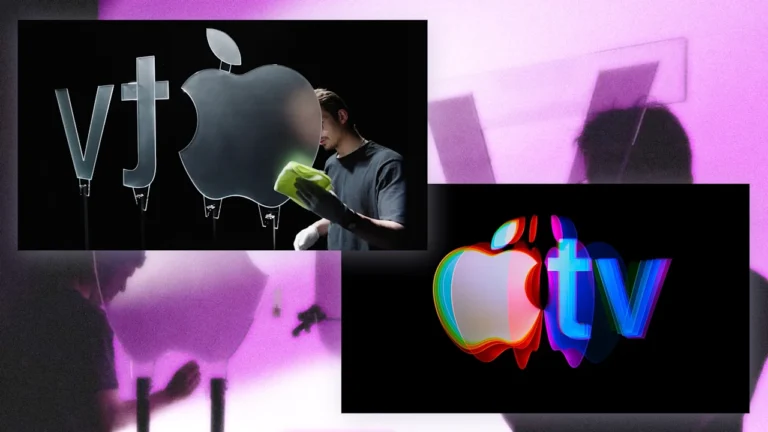Nathan Howard/REUTERS
- Tesla shareholders approved Musk’s $1 trillion pay package contingent on performance.
- Some large shareholders, including the world’s largest wealth fund, had voted against the plan.
- A Delaware judge had struck down Musk’s former pay package of $56 billion.
Elon Musk could soon be a trillion-dollar man.
On Thursday, 75% of Tesla shareholders voted to approve his proposed $1 trillion pay package as the company’s CEO, contingent on a set of performance metrics he would need to meet over the next decade.
And based on the standing ovation and exuberant cheering Musk received at the shareholder meeting, Tesla superfans in attendance seemed to love it.
“Howdy, Elon,” said one attendee during the Q&A portion of the meeting. “Congrats on not having to show up to work for free anymore.”
The massive compensation package is in hopes that Musk could increase Tesla’s market cap by more than sixfold and create a million robots. For comparison, Jensen Huang, the CEO of Nvidia, the world’s most valuable company, is expected to receive about $49.9 million in pay in 2025.
Ian Keas, managing director of Gallagher’s executive compensation consultancy team, told Business Insider that it’s rare for a pay package to carry such high stakes.
“Moon shoot incentives have been, for some time, pretty rare,” said Keas. “You don’t normally see these types of pay packages in US publicly traded companies.”
The question of accountability
Musk’s pay plan is contingent on Musk achieving several challenging goals. To earn the full $1 trillion, Musk must boost Tesla’s market cap to $8.5 trillion by 2035, sell 12 million vehicles a year, and deploy one million robotaxis and one million humanoid robots.
Jesse Fried, a professor of law at Harvard Law School, told Business Insider that the decision makes sense due to the “huge upside to keeping Musk hyper-focused on Tesla.”
“It was approved by unaffiliated shareholders, who are the parties most affected by the arrangement,” said Fried. “I don’t believe any other public company has ever voluntarily put CEO pay to a shareholder vote.”
Keas said that when dealing with an executive pay above market rate, there is no significant accountability issue as long as the pay is “tightly linked” to “clear and rigorous” performance goals with no gray areas.
“When there’s an award that’s been designed by a board of directors and approved by a shareholder vote, that kind of contract is binding,” said Keas. “If the future of the company is successful through proper incentives for a CEO that result in shareholder value appreciation over time, then I don’t think shareholders have too much to worry about.”
The new compensation plan follows a Delaware judge’s decision that voided Musk’s $56 billion compensation deal from 2018, ruling that Tesla’s board was unduly influenced by Musk when they agreed to his pay. Tesla relocated its incorporation to Texas and has continued to appeal the decision; it is unclear whether its success or failure would impact Musk’s new pay package.
Even though Tesla’s shares have recovered from the blows they received earlier in the year, their sales face an uncertain future after the end of the EV tax credit. Meanwhile, robotaxis have thus far remained with safety drivers while operating.
Musk’s pay package remains contentious
Some investors and industry watchdogs are alarmed by Musk’s record-setting pay package.
Shua Sanchez, national campaign director at Safe Autonomous Vehicles Everywhere, told Business Insider in a statement that he is concerned that nothing in Musk’s performance metric incentivizes autonomous vehicle safety.
“This pay plan creates a dangerous financial incentive to rush partially-autonomous vehicles and robotaxis onto public roads before they’re proven safe,” said Sanchez.
Tejal Patel, Executive Director of the SOC Investment Group, which holds Tesla shares, told Business Insider that Musk’s “outsized influence” over Tesla has spilled over in voting results.
Starting from September, Tesla ran ads across Facebook, Instagram, X, and Google that told shareholders they “must retain and incentivize Elon” and that “transformative growth” starts with “aligning CEO pay with shareholder value.”
The board also aired an ad on Paramount+ urging shareholders to vote in alignment with the board’s recommendations, concluding with “the future of Tesla is in your hands.”
“From paid social media campaigns and TV advertisements to hiring a consultant to conduct proxy solicitations, Tesla took extraordinary measures to set up this vote in Musk’s favor,” said Patel.
Weeks ahead of the vote, proxy advisory firms ISS and Glass Lewis both urged shareholders to reject the proposal. On Tuesday, Norges Bank Investment Management, which manages Norway’s $2 trillion sovereign wealth fund, also said it had voted against the pay package over concerns that the company may become overly reliant on one individual, that being Musk. The fund is Tesla’s sixth-largest institutional shareholder and the world’s largest wealth fund.
Musk called the proxy firms “corporate terrorists” in a recent earnings call, and Tesla’s chair warned shareholders in a letter in October that Musk could walk away from the company if his compensation wasn’t approved.
Patel said that it would be hard to deduce how independent shareholders actually feel about the pay package without a full vote breakdown.
“In order to improve sales and stabilize Tesla’s earnings, true innovation and growth at the company must be guided by strong governance, independent oversight, and transparent accountability,” Patel added, “Not by throwing money at the problem and concentrating more power in the hands of a single executive.”
Tesla did not immediately respond to a request for comment.
